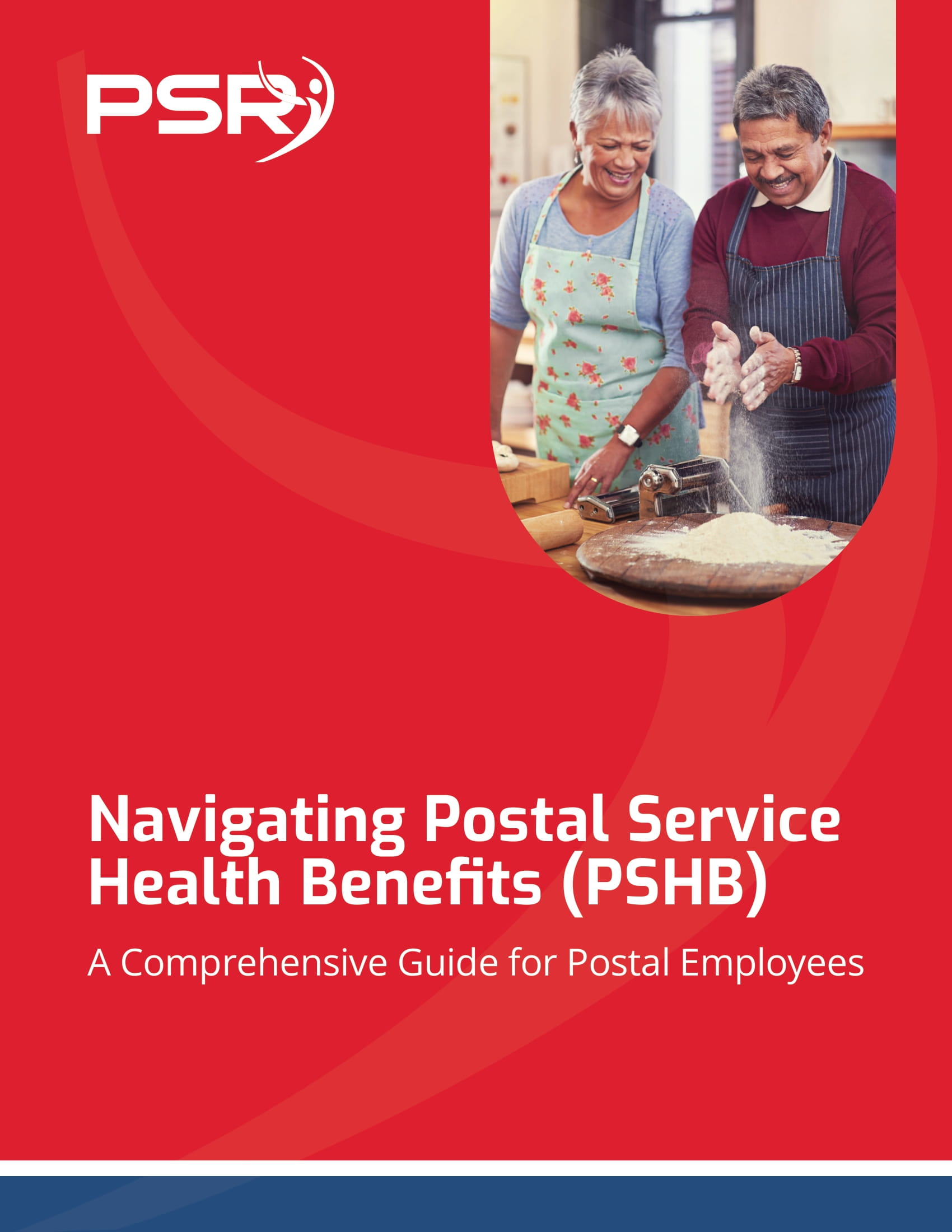Key Takeaways:
- Changes in federal policies can significantly impact the retirement planning of federal employees, especially those close to retirement.
- Stay informed on upcoming adjustments to maximize your benefits and prepare for any financial shifts.
How Do Current Federal Employee News Affect Your Retirement?
As a federal employee approaching retirement, you’ve likely spent years carefully planning for this phase of your life. But like many things, federal retirement isn’t a set-it-and-forget-it process. The landscape of federal employment and retirement benefits is constantly changing, and staying up to date on the latest developments is critical. Let’s break down some of the most important news and updates that could impact your retirement plan, your benefits, and your overall financial future.
Why Staying Updated Is Crucial for Federal Employees
- Also Read: Divorce and Your Federal Pension—What Happens When You Split Assets and How It Could Affect Your TSP
- Also Read: What Happens to Your Federal Benefits After Divorce? Here’s the Lowdown
- Also Read: The Best FEHB Plans for 2025: Which One Fits Your Lifestyle and Budget the Best?
What Are the Recent Policy Changes?
One of the significant changes that’s been making headlines is the potential adjustment to the COLA for retirees. COLAs are annual increases to account for inflation, and they play a huge role in maintaining the purchasing power of your federal pension. For retirees, even a small dip in the percentage increase can have a long-lasting impact, especially for those planning to live on a fixed income for 20 or 30 years.
Another area seeing discussion is the Federal Employees Retirement System (FERS) contributions. The FERS pension formula is based on a percentage of your highest salary over three years. Proposed changes could increase your required contributions, meaning less take-home pay before retirement, but more stability in your pension income. Be sure to watch these developments closely.
Should You Be Concerned About Retirement Age Changes?
There has also been talk around increasing the minimum retirement age (MRA) for federal employees. Currently, federal employees under FERS can retire as early as 57 with 30 years of service. However, with changing life expectancy and economic concerns, lawmakers are considering extending the MRA. This could mean working longer than you initially anticipated or adjusting your financial expectations.
What About Thrift Savings Plan (TSP) Adjustments?
If you’re enrolled in the Thrift Savings Plan (TSP), which many federal employees are, you’ll want to keep an eye on possible modifications here too. The TSP is a critical part of your retirement savings, operating similarly to a 401(k) plan. There have been talks about changes in investment options, contribution limits, and withdrawal options that could significantly influence how you manage your funds both now and during retirement. You should stay updated on these potential adjustments to avoid any surprises when it comes to accessing your savings.
In 2022, TSP implemented some new features to streamline your access to accounts, such as more flexible withdrawal options and an updated user interface. While these changes are generally positive, future changes could affect the growth of your investments, particularly if there are adjustments in available fund options.
How Will Healthcare Benefits Be Impacted?
Your health benefits are another crucial factor to consider when planning for retirement. The Federal Employee Health Benefits (FEHB) program offers continued health coverage after retirement, which is a huge advantage for federal employees. However, there have been discussions about potential changes in how premiums are structured or how much you might be required to pay as a retiree. It’s worth noting that any shift in healthcare benefits can significantly affect your retirement planning because healthcare costs often rise as we age.
If you’re eligible for Medicare, you should also stay informed about the integration between FEHB and Medicare. Some changes in federal policy could alter how these two programs work together, impacting your out-of-pocket costs in retirement.
What About Long-Term Care?
Long-term care is an important consideration as part of your retirement planning, especially given that healthcare needs tend to increase with age. Federal employees have access to the Federal Long-Term Care Insurance Program (FLTCIP), which offers coverage for services like nursing home care, home health care, and assisted living. Recently, the FLTCIP has been suspended to new enrollees as the program undergoes a review and restructuring.
While the suspension doesn’t affect current policyholders, it may limit future options for those looking to enroll. If you haven’t yet secured long-term care coverage, you may need to explore private options or wait until the FLTCIP reopens for enrollment. In the meantime, consider how these changes could impact your long-term retirement plans and make necessary adjustments.
Will These Changes Affect Your Social Security?
Another key consideration is how changes in federal policy could affect your Social Security benefits. While federal employment offers robust pension and savings plans, most retirees also rely on Social Security benefits to supplement their retirement income. Be mindful of how federal news—such as changes to Social Security taxes, potential increases in retirement age, or adjustments to benefits formulas—could impact your expected payments.
For those of you who were in jobs not covered by Social Security, be aware of the Windfall Elimination Provision (WEP) and Government Pension Offset (GPO) policies, which could reduce your Social Security benefits. Keeping an eye on any proposals related to these policies is essential for knowing how much you’ll need to rely on your federal pension.
How Should You Prepare for Future Policy Changes?
Given all these potential changes, how can you best prepare for your retirement as a federal employee?
- Stay Informed: Regularly check updates from the OPM and other federal agencies that administer retirement benefits.
- Review Your Benefits Annually: Make sure to assess your FERS pension, TSP contributions, and healthcare options each year, especially if there are any policy changes.
- Talk to a Financial Planner: Working with a professional who understands the intricacies of federal retirement can help you adjust your strategy to fit any new developments.
- Consider Delaying Retirement: If changes like an increased minimum retirement age come into effect, you may need to reconsider your timeline to maximize benefits.
What’s the Next Step for Federal Employees?
You’ve worked hard for your retirement, and it’s crucial to ensure you get the most out of the benefits you’ve earned. With policy changes likely to continue, staying vigilant will ensure you make informed decisions that protect your financial future. Keep monitoring federal employee news, and don’t hesitate to adjust your retirement plan when needed. This way, you’ll be able to enjoy the peace of mind that comes with a well-planned retirement.













